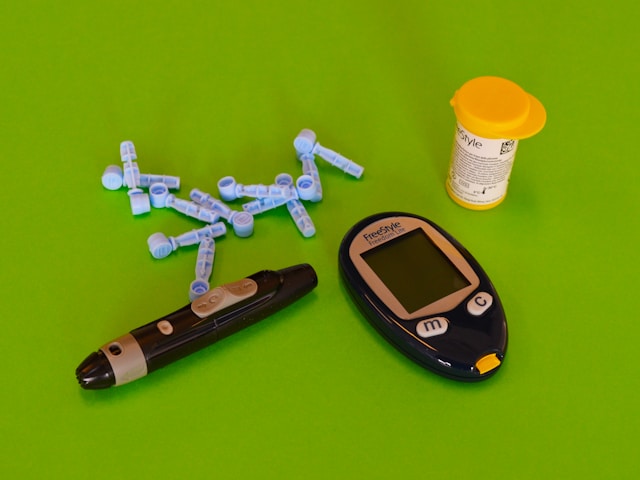The American Diabetes Association (ADA) receives substantial funding from pharmaceutical companies, which raises questions about the influence these donations might have on the organization’s recommendations.
The ADA is at the forefront of diabetes advocacy and research, operating in a healthcare industry that values $4 trillion. With diabetes affecting 38 million Americans and another 90 million at pre-diabetic stages, the disease not only has a massive human toll but also generates around $400 billion annually in healthcare costs.
Type 2 diabetes, unlike many diseases such as certain cancers or Alzheimer’s, can be reversed. Research consistently shows that a diet low in carbohydrates can effectively reverse diabetes, a fact acknowledged by the ADA. However, their general recommendations often focus more on medication than dietary changes.
In a notable 2020 revelation, then ADA president Tracey D Brown shared her personal success with managing her type 2 diabetes through a low-carb diet, reducing her need for insulin and other drugs. This admission was significant, given the ADA’s pharmaceutical ties and sparked discussions about the effectiveness of diet over drugs in managing diabetes. Brown later left the ADA for a high-ranking position at Walgreens.

